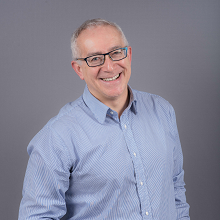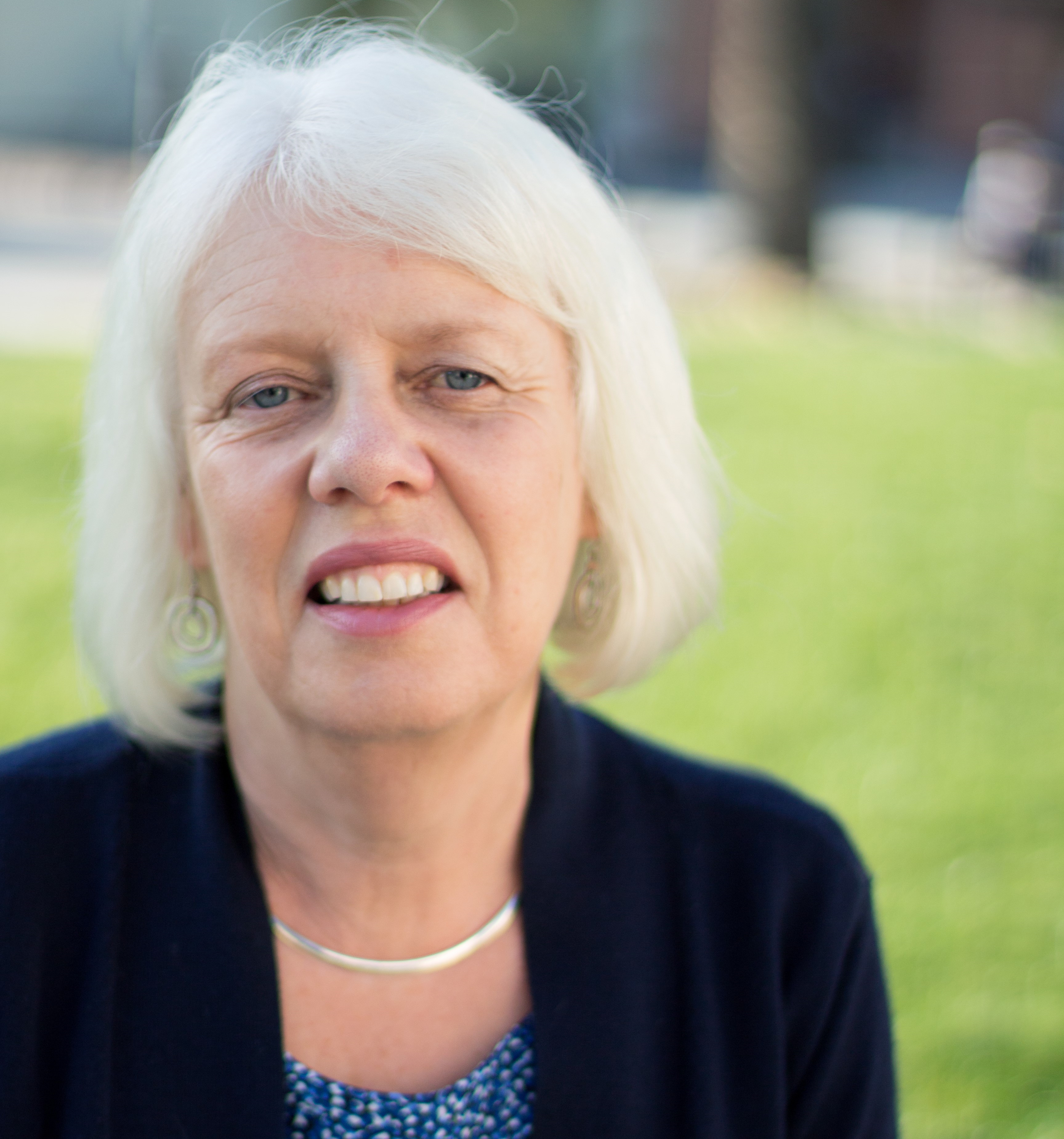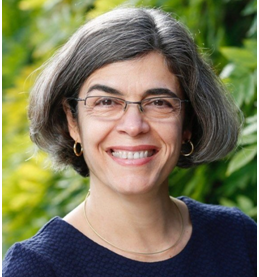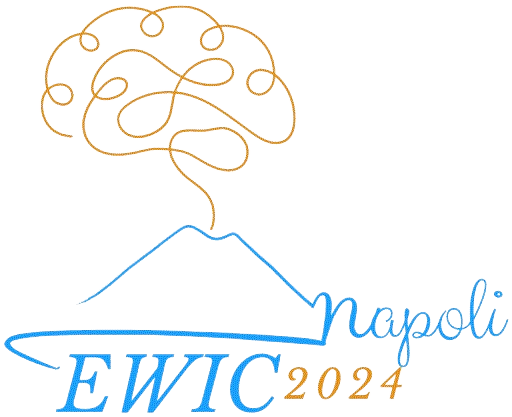KEYNOTE SPEAKERS

#7e3bd0
Alessandro Farnè holds a PhD in Psychology from the Bologna University. After a postdoc in Houston to learn TMS for neuroscience he became assistant professor (2001). He got an Inserm position in Lyon (2005) where he is research director of the Impact Team at the Lyon Neuroscience Research Centre and Head of the Neuro-immersion Virtual Reality Lab. Awardee of the prestigious Avenir, Medisite and J.S. McDonnell Foundation awards, he has made seminal contributions to the identification of peripersonal space and its functions and in the sensorimotor control of tools in humans. He is expert in Tool Use and Space Perception.

#7e3bd0
Mary Hegarty is Distinguished Professor at the Department of Psychological & Brain sciences, University of California, Santa Barbara. She is a fellow of the American Association for the Advancement of Science, the American Psychological Society, a former Spencer Postdoctoral Fellow, and the former chair of the governing board of the Cognitive Science Society. She is on the editorial board of Journal of Experimental Psychology: Applied and Spatial Cognition and Computation. Her research interest is focused on spatial thinking from the perspective of individual differences, by considering large-scale spatial abilities involved in navigation and learning the layout of environments, as well as smaller-scale spatial abilities involved in mental rotation and perspective taking.

#7e3bd0
Anna Christina Nobre (known as Kia) is a cognitive neuroscientist formerly working at the University of Oxford in England, now at the University of Yale. Her current research examines how the brain prioritises and selects information from the sensory stream and from memories at various time scales to form psychological experience and guide behavior, how these mechanisms develop over the lifespan and how they are disrupted in psychiatric and neurodegenerative disorders. Her scientific contributions have been recognised by the MRC Suffrage Science Award (2016), Broadbent Prize from the European Society to Cognitive Psychology (2019), and C.L. de Carvalho-Heineken Award for Cognitive Science (2022).
#7e3bd0
Prof. Hugo Spiers has informed the organizers that he will no longer be able to be a keynote speaker at EWIC 2024
Title: Humans embody tools to use them like hands. How’s that?
Keynote Speaker: Alessandro Farnè
ImpAct Team, Lyon Neuroscience Research Centre, INSERM U1028, CNRS
Scientists have long questioned the origin of the exquisite human mastery of tools. How do we manage controlling a tool as skillfully as a hand? Grasping objects with tools is a major challenge for the motor system, in that the control of the hand needs to be transferred to the prehensile part of the tool. I will present findings suggesting that motor control is not merely distalized from the fingers to a grabber prongs: rather, when we use tools to grasp objects, the body of the tool is incorporated into our arm representation. Sensing through tools also challenges the somatosensory system heavily. I will present recent findings showing that distalisation does not apply to tool sensing either. We can localize impacts on the entire surface of a hand-held rod with great accuracy, and we may do so by repurposing body-based somatosensory processes. Together, these findings indicate that rather than mere distal links between the hand and environment, tools are treated by the nervous system as sensorimotor extensions of the body.
Title: Individual Differences in Navigation
Keynote Speaker: Mary Hegarty,
Department of Psychological & Brain Sciences, UC Santa Barbara
In this talk, I will review evidence for large individual differences in human navigation ability, or what is commonly referred to as the “sense of direction”. I will review how cognitive psychologists study individual differences in navigation in both real and virtual environments, and what we know so far about the variation in navigation abilities and strategies. Finally, I will review current directions of my research on this topic, including studies on how GPS use might be affecting our navigation abilities, and the commonalities and dissociations between different measures of navigation ability.
Title: The internal focus of attention
Keynote Speaker: Anna Christina Nobre
Department of Psychology, Yale University
In my talk, I will discuss our recent studies exploring how we focus attention to contents in working memory. Our findings highlight the flexibility of the internal focus – dynamically and proactively prioritizing or shielding different contents in turn to guide future behavior – as well as its sensitivity to the temporal structure of anticipated events and tasks.
